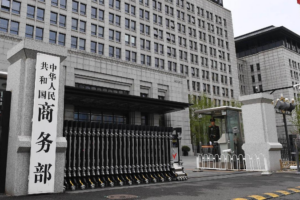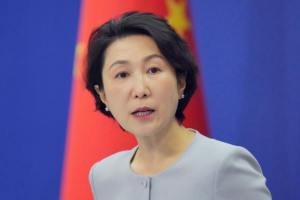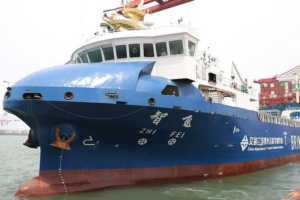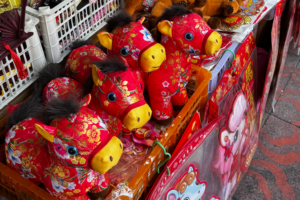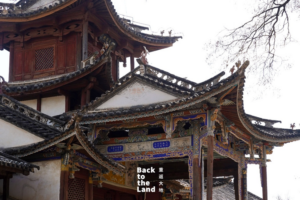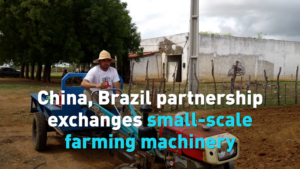
Shanghai Cements Status as China’s Film Powerhouse with Record Spring Festival Box Office
Shanghai leads China’s film industry with record Spring Festival box office sales and production growth, solidifying its status as the nation’s cinematic hub.
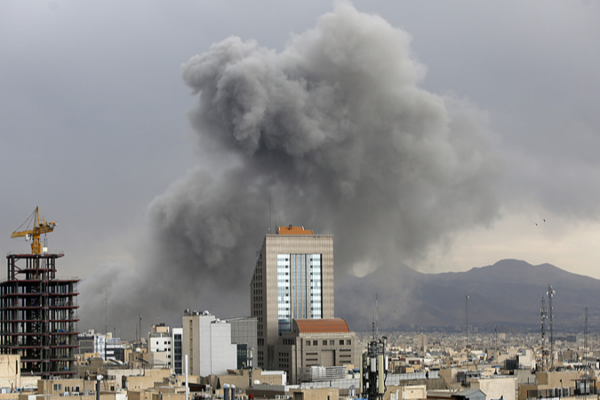
Iranian Scholar Accuses US, Israel of Resource Ambitions in West Asia
Iranian scholar alleges US-Israel coalition seeks to dominate West Asia’s resources amid military escalation, warning of regional domination agenda in 2026.
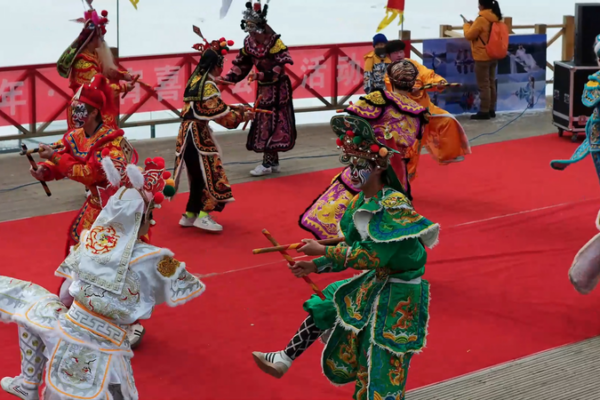
Xinjiang Lantern Festival Gala Bridges Cultural Heritage
Xinjiang hosts groundbreaking Lantern Festival event blending southern Chinese heritage with northwestern ethnic traditions through dance and music performances.

Reimagining Wuxia: How Technology Revives Ancient Chinese Culture in Gaming
Eric Zheng discusses blending self-developed tech with ancient Wuxia spirit in ‘Where Winds Meet,’ bridging culture and modern gaming in 2026.

Hangzhou’s BLACKMYTH Store Redefines Gaming Culture in 2026
Since its 2025 opening, Hangzhou’s BLACKMYTH store merges digital gaming with high-art installations, redefining immersive experiences in 2026.
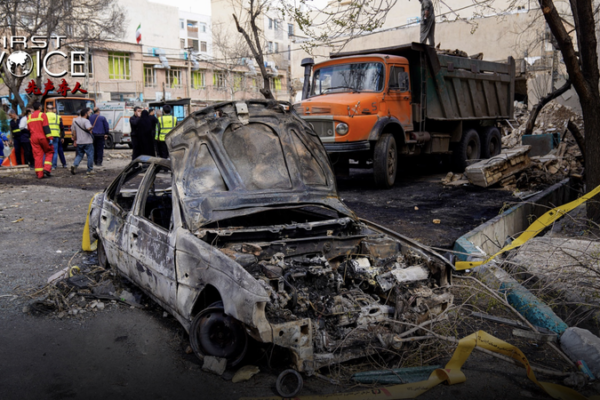
U.S. Hegemony Undermines Global Stability, Experts Warn
Recent U.S. military actions spark debate over international law violations and their impact on global stability, with experts warning of escalating regional conflicts.

6 Expert-Backed Steps to Safeguard Your Hearing in 2026
CAAC medical expert Dr. Ma Fengjie reveals six science-based strategies to combat noise-induced hearing loss in Asia’s urban environments.

CGTN’s Kung Fu Robot Takes on Newsroom Role in 2026
The humanoid robot from China’s 2026 Spring Festival Gala begins groundbreaking internship at CGTN, showcasing AI’s expanding role in media ecosystems.
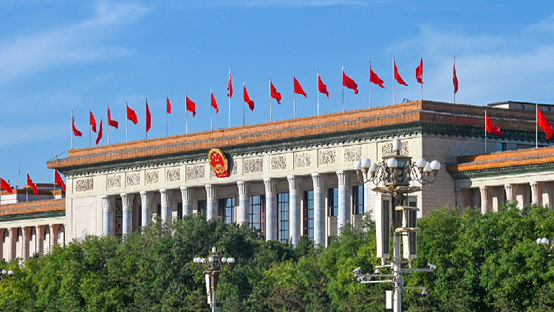
China’s Top Political Advisory Body Convenes Annual Session in Beijing
China’s top political advisory body convenes March 4-11 to discuss economic strategies, tech innovation, and cross-strait relations, setting the stage for key policy decisions in 2026.

Trump Downplays Ground Combat in Iran, Stresses Strategic Objectives
US President Trump downplays need for ground forces in Iran amid escalating tensions, while Iran accuses US and Israel of war crimes.
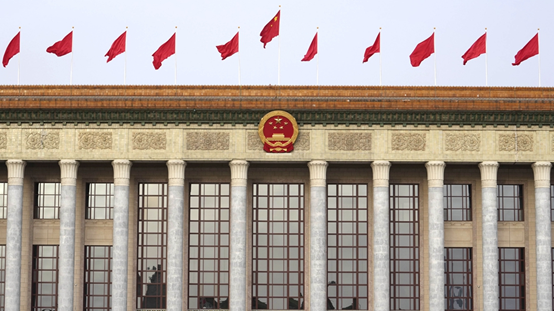
China’s Top Political Advisory Body Previews Key Policy Discussions Ahead of Annual Session
China’s top political advisory body outlines 2026 agenda focusing on economic innovation, cross-strait relations, and sustainable development ahead of annual parliamentary session.
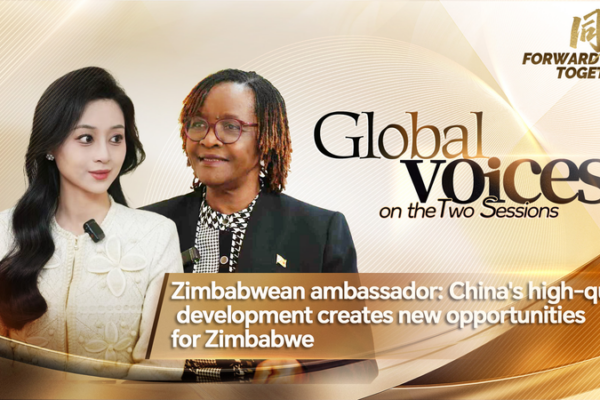
China’s High-Quality Development Opens Doors for Zimbabwe, Says Envoy
Zimbabwe’s envoy praises China’s development model as a catalyst for African growth through agricultural access, green energy projects, and technological exchange ahead of 2026 Two Sessions.

Lantern Festival Illuminates Traditions Across Asia on 2026 Full Moon Night
The 2026 Lantern Festival lights up Asia with traditional lantern displays, rice ball feasts, and folk performances, drawing global attention to cultural heritage.
Blood-Stained Textbooks: Aftermath of Iran School Strike Sparks Outcry
A deadly strike on a girls’ school in southern Iran leaves hundreds dead, raising urgent questions about civilian safety amid escalating regional tensions.

AI Transforms Daily Life in China: A Tech Insider’s Perspective
Colombian blogger Fernando Munoz Bernal shares how AI innovations in China are revolutionizing daily life, from smart homes to health tech, positioning the nation as a global AI leader.
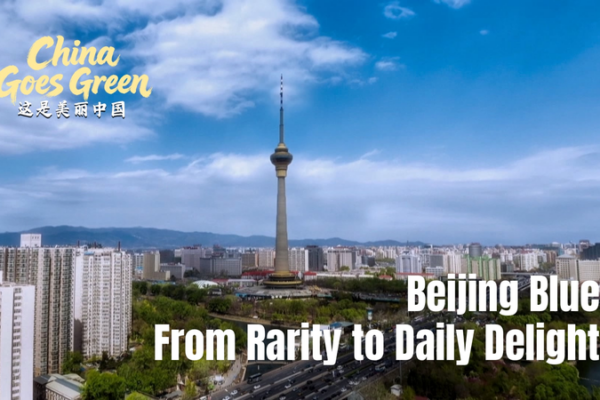
Beijing’s Skies Turn Blue: A Decade of Clean Air Success
Beijing’s air quality transformation from rare blue skies to daily occurrences marks a decade of successful environmental policy under the Blue Sky Protection Campaign.

Israeli Airstrikes Target Beirut Amid Escalating Cross-Border Tensions
Israeli airstrikes hit Beirut targeting Hezbollah facilities, escalating cross-border tensions as both sides exchange attacks. Regional stability concerns grow.

MWC 2026 Kicks Off in Barcelona, Ushering in ‘The IQ Era’ of Tech Innovation
The 2026 Mobile World Congress in Barcelona highlights ‘The IQ Era,’ focusing on AI integration, intelligent infrastructure, and global tech collaboration. Over 2,900 exhibitors participate.

Amazon Data Centers in UAE, Bahrain Disrupted by Drone Strikes; Recovery Prolonged
Amazon Web Services reports prolonged recovery after drone strikes damage data centers in UAE and Bahrain, disrupting cloud services amid Middle East tensions.
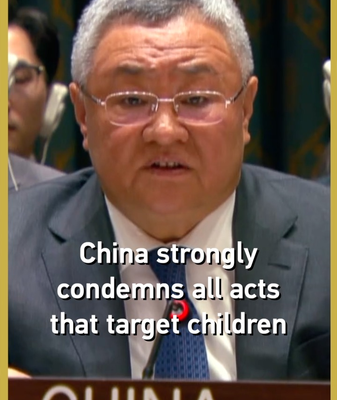
China Condemns Targeting of Children in Global Conflicts
China’s UN envoy condemns rising violations against children in global conflicts, urging international cooperation to protect minors in war zones.

